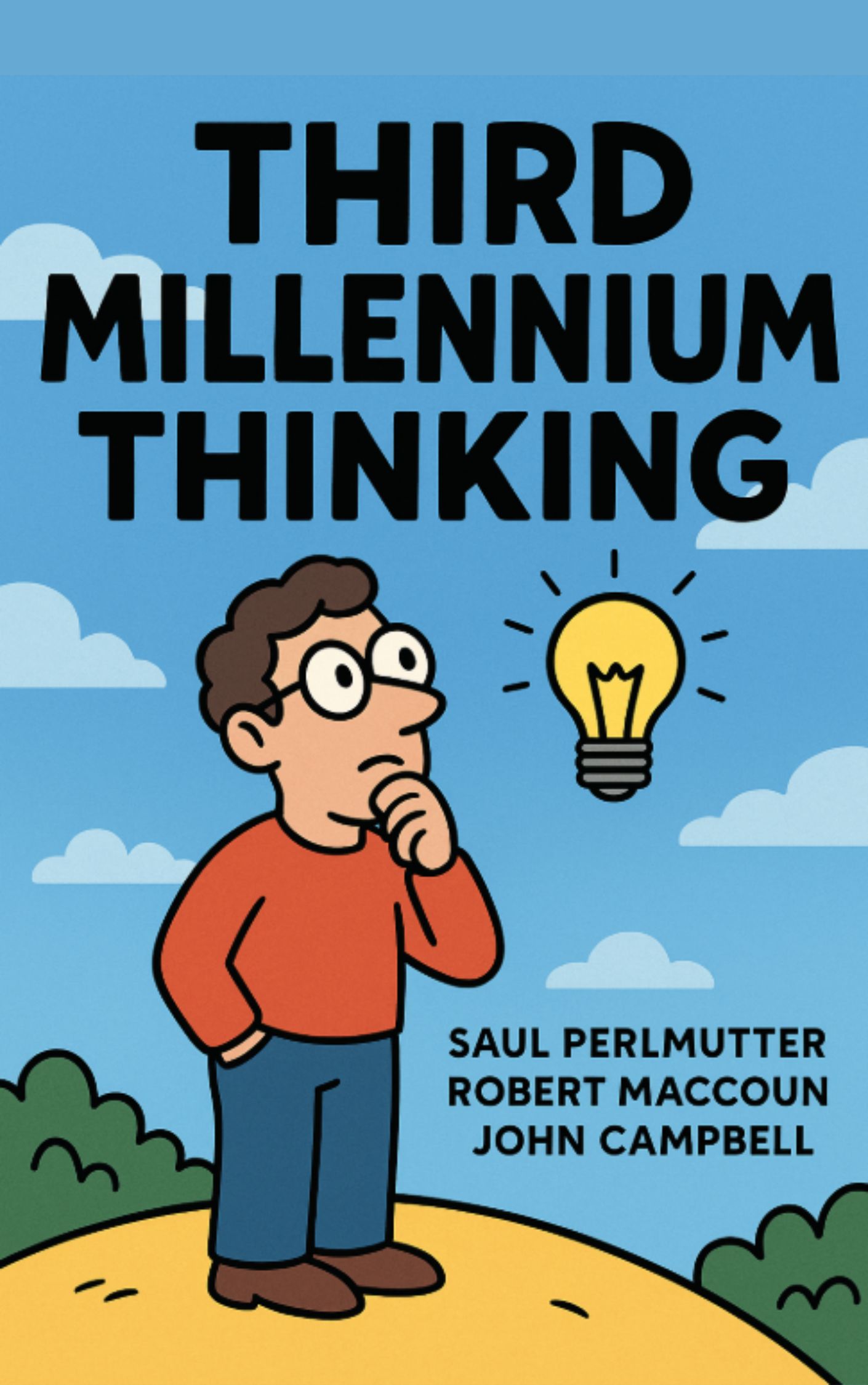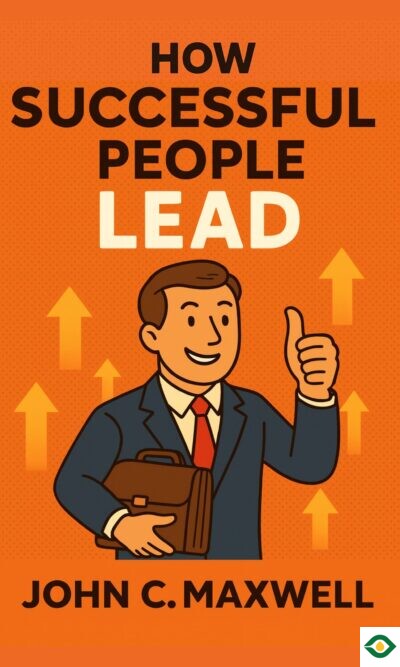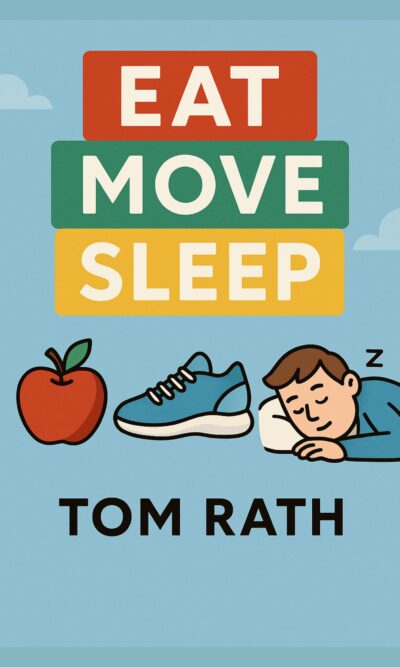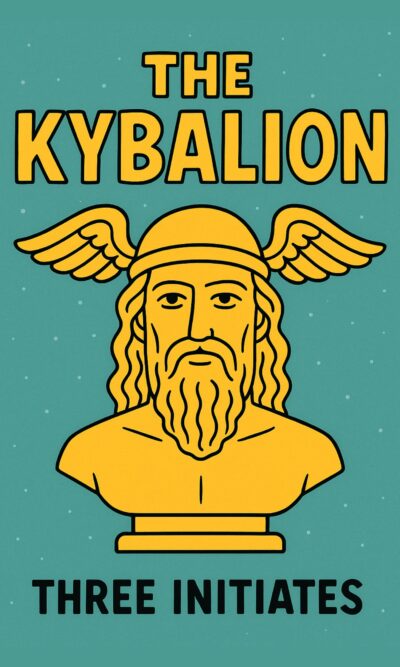Description
We live in an age of endless information. Every day, we scroll through headlines, posts, videos, and podcasts — each claiming to tell us what’s “true.” But mixed in with the facts are misleading stories, biased opinions, and even deliberate lies. The challenge is no longer finding information; it’s figuring out which information is worth trusting.
Imagine a parent trying to decide on the safest treatment for their child, only to find conflicting advice everywhere. Or a student forming an opinion on a complex political issue, but every source they check is shaped by algorithms that feed them extreme, attention-grabbing content. Even community leaders face this problem — sifting through scientific research and sensational headlines just to make one responsible decision. In this flood of noise, how can we separate the useful “signal” from the useless “static”?
One of the first steps is understanding that not all sources are equal. Quality matters. A responsible thinker traces a claim back to its original source, checks if it’s been reviewed by experts, and compares it with multiple perspectives. Even trusted research can be twisted when taken out of context. That’s why we should always ask: Who wrote this? Where did they get their information? What might they be leaving out? Sensational headlines, attacks on people instead of ideas, and lack of credible sources are all warning signs.
The next skill is learning to think in probabilities instead of absolutes. Life is rarely black and white. Science, for example, works with uncertainty — weighing what’s most likely based on current evidence. By accepting that some things are uncertain, we avoid being trapped by overconfidence or rigid thinking. We should welcome different viewpoints, compare the strengths and weaknesses of each, and remain open to changing our minds when new facts appear. This is called intellectual humility, and it’s a strength, not a weakness.
Even with solid evidence, we still have to decide what matters most to us. That’s where values come in. Values are the guiding principles that help us choose between competing options. They might be honesty, compassion, creativity, independence, or loyalty. Sometimes, values clash — for example, choosing between a high-paying job and time with family. By understanding our own values, we can make decisions that feel authentic, even when the outcome is uncertain.
To discover your values, reflect on past choices you’re proud of and those you regret. Think about the people you admire and the qualities you respect in them. Look at your long-term goals and ask what kind of life you want to live. These reflections bring your values into focus and help you stay grounded when facing difficult decisions.
Lastly, while skepticism is important, so is optimism. Many breakthroughs — from medical cures to social reforms — began with someone believing improvement was possible. Optimism fuels perseverance, creativity, and resilience. It doesn’t mean ignoring problems, but facing them with a mindset that looks for solutions. Surrounding yourself with hopeful, forward-thinking people can help you stay motivated. And remember, optimism is a choice: you can decide to see setbacks as lessons and use them to grow.
In the end, thriving in today’s complex world means blending clear thinking with open-mindedness, self-awareness, and hope. Evaluate information carefully, accept uncertainty, anchor yourself in your values, and maintain an optimistic vision for the future. This balance helps you make better decisions, act with integrity, and keep moving forward even when the path isn’t perfectly clear.





